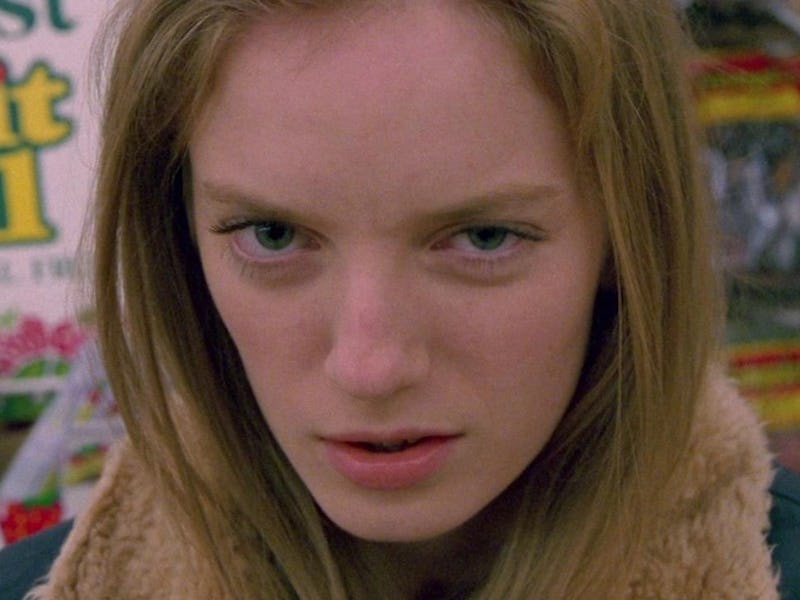Of All the Pulp Fiction Knockoffs, a Forgotten ’90s Thriller Has Aged Best
Sex, drugs, and strong opinions on Family Circus.

Pulp Fiction changed movies forever. Its script balanced three stories told out of chronological order, and it pushed the boundaries of filmmaking as its plots careened off each other. The Boondock Saints, The Usual Suspects, and Get Shorty were just a few of many movies to capitalize on Tarantinomania with rollicking urban quests fueled by drugs and profanity. But in 1999, one particular movie found success by aping the three-part structure Pulp Fiction had rapidly made familiar. The result may have been derivative, but it launched multiple careers and highlighted the strengths of a creative director who’s still putting out strong work today.
Set around Christmas despite its April release, Go begins with young supermarket cashier Ronna (Sarah Polley) roping her mousy best friend (Katie Holmes) into a harebrained scheme to sell fake drugs at a rave. Then it switches to the perspective of Sarah’s co-worker Simon (Desmond Askew), who’s on a Vegas adventure with friends, before finally showing us soap opera stars Adam (Scott Wolf) and Zack (Jay Mohr) as they attend a dinner party that quickly gets out of hand.
Naturally, these plots start overlapping and interfering with the others, leading to a third act that’s just as chaotic as the holiday rave the movie centers around. Notably, the packed cast includes multiple side characters played by future stars. Timothy Olyphant, Melissa McCarthy, Jane Krakowski, and Taye Diggs all appear in memorable roles that fit the personas we know.
Go was referred to derogatorily as “junior Pulp Fiction” by Leonard Maltin. You can see where he’s coming from — it’s tamer, more good-natured, and undeniably a copycat — but there’s also much more to it than just its Tarantino-for-teens vibe. Under the direction of Doug Liman, Pulp Fiction’s non-chronological structure, the hardest part to replicate, manages to translate well here.
Timothy Olyphant plays a sleazy drug dealer years before Justified and The Mandalorian.
You need to be skilled to create a forgery, and that’s what’s on display in Go’s jammed-packed 100 minutes. The irreplicable feel of Pulp Fiction somehow carries over, from the discursive conversations to the abrupt shifts in tone and even genre that keep the tense storytelling fresh. Go is a dark comedy but also a crime thriller, a coming-of-age saga but also a road trip movie. It’s also a movie that made Doug Liman more than just the man who directed Swingers.
Go proved Liman had the chops to tackle nontraditional stories, as he managed to take a cast of unknowns and spin them into a roller coaster of debauchery and rave culture. He would later apply those skills to amnesia-based action thriller The Bourne Identity and Tom Cruise’s time-loop sci-fi adventure Edge of Tomorrow, and with a quarter century of hindsight, it’s clear Go deserves more than just standing in Pulp Fiction’s long shadow.